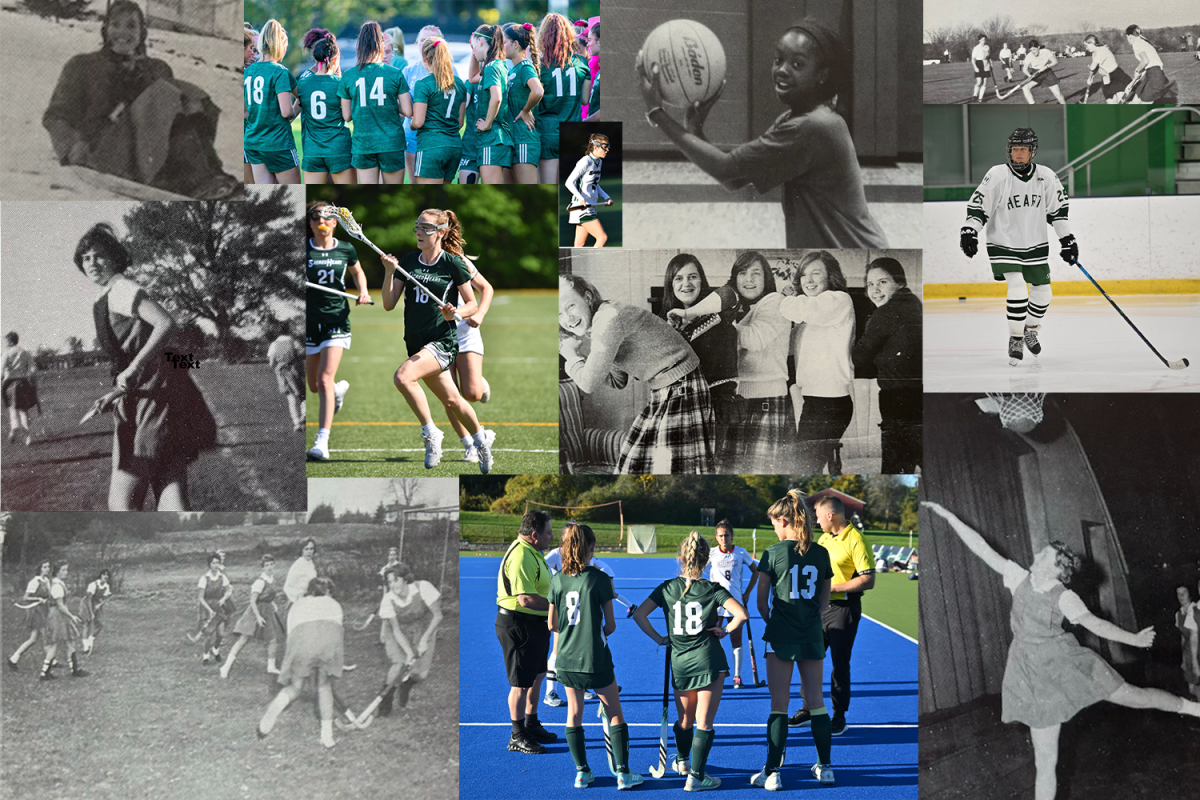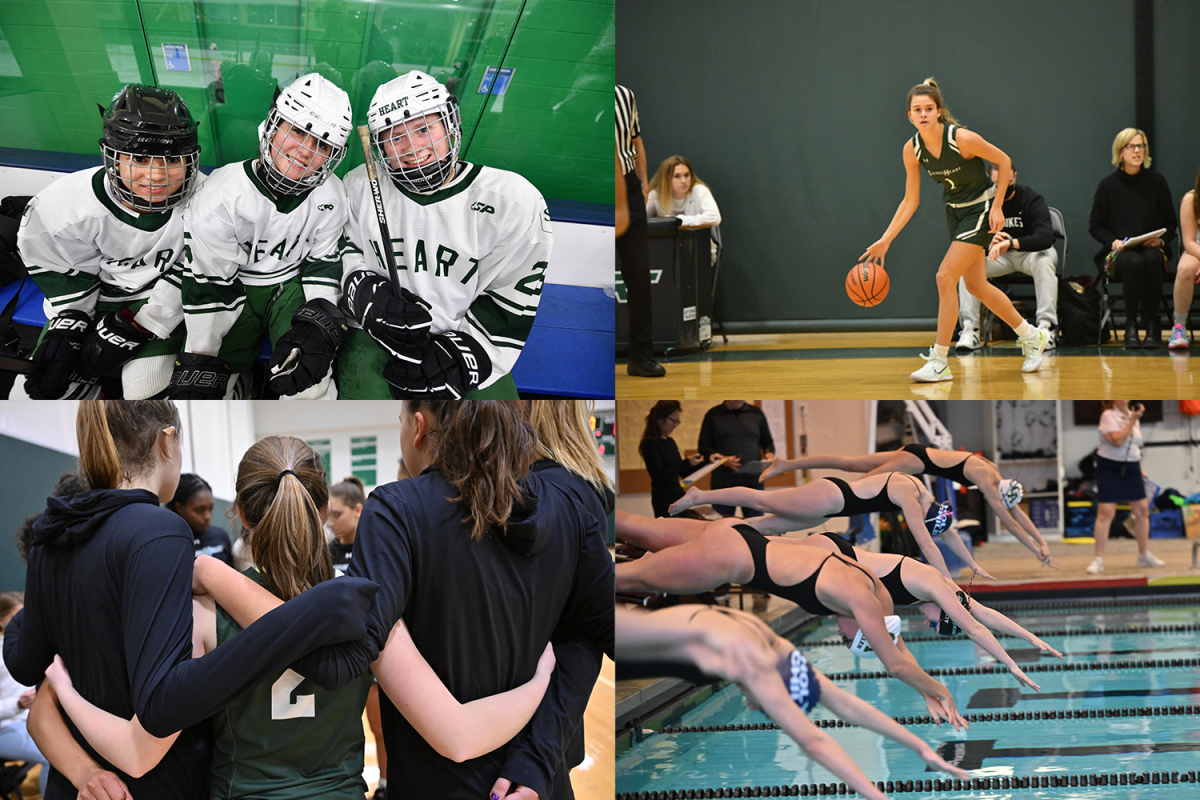
Courtesy of google.com
Although the traditional sports of ice hockey and ice-skating are highly celebrated Winter Olympics events, lesser-known events like The Nordic Combined and Skeleton offer other medal opportunities for winter athletes.
The Nordic Combined unites aspects of cross country skiing and ski jumping. The event was added during the 1942 Winter Olympics and has been on the program ever since. Only males participate in this Olympic sport, and it is typically dominated by Norwegian, Finish, German, Austrian, and American competitors.
“No, I have never heard of the Nordic Combined Olympic event before. What is it exactly? What does it involve? I mean I am sure I watched it before, but did not know what it was called” sophomore Kaitlyn Adamini said.
It is often referred to as the “decathlon of skiing” because the first part of the race is ski jumping while the second part of the race is cross-country skiing. Competitors are therefore required to use not only power for takeoff, but also strength for endurance.
The ski-jumping half is judged on distance and style. Two points are awarded for each meter jumped and style points range from three to 30 per jump. In the cross-country portion, the racers with the most ski jumping points start first. The first skier to cross the finish line at the end of the cross-country race wins the event. This year at the Sochi Olympic Games, Germany’s Eric Frenzel won gold in the Nordic Combined men’s individual normal hill competition.
According to a poll, Convent of the Sacred Heart students and faculty, only 26.7% of the Upper School community has heard of the Nordic Combined. An even fewer number of community members, 14.8%, has heard of Skeleton.
Skeleton originated in St. Moritz, Switzerland as an adaption of Cresta sledding, a popular British sport. It was featured in the St. Moritz Olympics in 1928 and 1948 until it was permanently added to the Olympics in 2002.
The sport involves an individual lying face down on a small sled and sliding down an icy track. It shares similar characteristics to other fast-paced Olympic events, like the luge and bobsled.
At the Sochi Olympics, Elizabeth Yarnold of Great Britain won gold and Noelle Pikus-Pace of the United States of America received a silver medal. The bronze medal went to Elena Nikitina of the host nation Russia.
“I think Skeleton takes a lot of bravery because it is a fast sport and the athletes have no protection besides their helmets,” senior D’Nea Galbraith said.
– Isabelle Jeffrey, Staff Writer



King Street Chronicle
Menu
Unusual Sports in the Olympics
February 24, 2014
This is an image from the opening ceremony of the Sochi 2014 Winter Olympics. The United States Olympians are seen participating in this historic commemoration.
Courtesy of google.com
Leave a Comment
More to Discover






